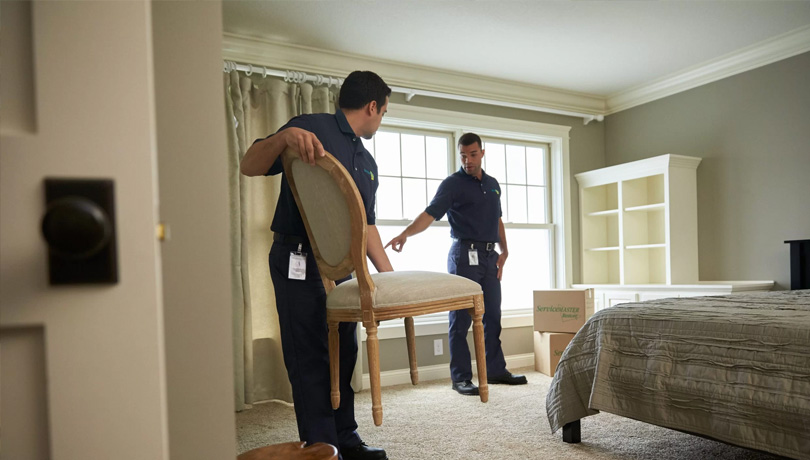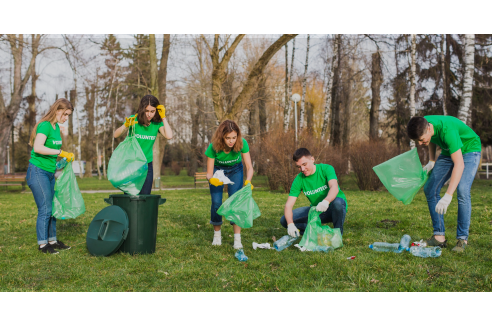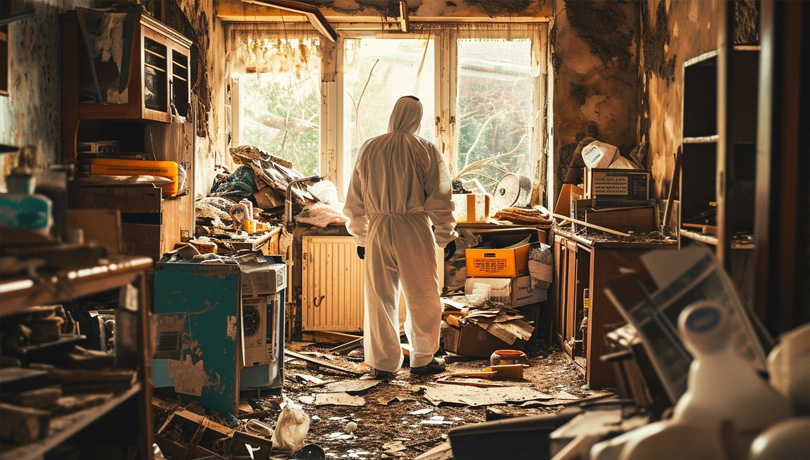Hoarding can be a deeply personal and challenging condition, but its consequences often extend beyond the individual into the realm of public safety and property management. If you’ve ever wondered whether a house can be condemned for hoarding, the short answer is yes. Local authorities have the power to condemn homes when hoarding creates severe health, safety, and structural hazards. While condemnation might seem like an extreme measure, it’s often a last resort taken to protect not only the occupants but also the broader community.
Hoarding, when left unchecked, can turn a property into a hazardous environment, leading to fire risks, structural damage, pest infestations, and more. In such situations, neighbors might raise concerns, or authorities might intervene, setting off a process that can result in the property being deemed uninhabitable.
When Can a House Be Condemned for Hoarding?
Hoarding doesn’t automatically lead to condemnation, but certain conditions significantly increase the likelihood. Here are the primary reasons why a hoarded house might be condemned:
1. Health Hazards
Hoarding often creates unsanitary conditions. Rotting food, mold growth, and pest infestations can spread diseases and compromise the health of the occupants and the surrounding community.
2. Fire Risks
Piles of clutter, especially paper or cardboard, can act as fuel in a fire. Blocked exits make it difficult for residents to escape in an emergency, exacerbating the risk.
3. Structural Issues
The excessive weight of hoarded items can strain a home’s floors and walls, potentially leading to collapse. Structural damage makes the property unsafe for habitation.
4. Building Code Violations
Hoarded homes often fail to comply with local building codes. Violations such as blocked pathways, lack of proper ventilation, or faulty wiring can lead to condemnation.
5. Impact on Neighbors
When a hoarded property affects neighboring homes through pest spread, unpleasant odors, or reduced property values, it becomes a public nuisance.

Steps in the Condemnation Process
Condemnation doesn’t happen overnight. Authorities typically follow a structured process before declaring a property uninhabitable:
1. Complaint or Observation
The process often begins with a complaint from neighbors or a report by emergency personnel, such as firefighters noticing extreme clutter during a visit.
2. Inspection
Local code enforcement officials inspect the property to assess the severity of the situation, noting specific hazards or violations.
3. Notice of Violation
The homeowner is formally notified of the issues. This notice outlines what needs to be fixed to bring the property back into compliance.
4. Opportunity to Address Issues
Homeowners are usually given a set period to resolve the problems. This might involve decluttering, addressing structural concerns, or hiring hoarding cleaning services.
5. Re-inspection
Authorities return to evaluate whether the necessary corrections have been made. If conditions remain unsafe, further action is taken.
6. Declaration of Condemnation
If violations persist, the home is officially declared unfit for habitation. At this stage, occupants may be required to vacate.
7. Appeal Process
Homeowners often have the right to appeal the condemnation decision, presenting evidence of improvements or compliance.
Consequences of House Condemnation
When a house is condemned due to hoarding, the consequences can be severe:
- Loss of Residence: Occupants may be forced to leave until the house is deemed safe again.
- Financial Burden: Cleanup, repairs, and legal fees can become overwhelming.
- Community Impact: Neighbors might face decreased property values and health risks.
How to Prevent Condemnation
Hoarding doesn’t have to lead to condemnation. Early intervention and proactive measures can protect both the homeowner and the property.
1. Seek Mental Health Support
Hoarding is often linked to mental health conditions such as anxiety or obsessive-compulsive disorder (OCD). Professional therapy can help individuals manage these underlying issues.
2. Hire Hoarding Cleaning Services
Professional cleaning teams specialize in addressing hoarding situations. They not only clear clutter but also sanitize spaces, making homes safe and habitable again.
3. Comply with Notices
If you receive a notice from local authorities, respond promptly. Ignoring it can escalate the situation.
4. Educate Yourself About Local Regulations
Understanding local building codes and ordinances can help you identify potential violations before they become major issues.
5. Work with Social Services
Many communities offer programs to support individuals struggling with hoarding, including financial assistance for cleanup.
Need Hoarding Cleanup? We’re Just a Call Away
& Ready to Respond Quickly!

Why Are Hoarding Cleaning Services Crucial?
One of the most effective ways to prevent a house from being condemned is by enlisting hoarding services. These professionals are trained to handle extreme clutter, often working alongside therapists and social workers to ensure the process is as supportive as possible.

Key Benefits of Hoarding Cleaning Services:
- Comprehensive Cleaning: From clearing out clutter to deep cleaning and sanitizing, these services restore homes to safe living conditions.
- Structural Assessments: Professionals can identify and address damage caused by excessive weight or neglect.
- Respectful Approach: Many services understand the emotional challenges of hoarding and treat clients with compassion and discretion.
- Preventing Future Issues: By tackling the root causes of clutter, they help ensure long-term compliance with local regulations.
Can Hoarding Be Resolved Before It’s Too Late?
Yes, with the right support, hoarding can be managed before it leads to condemnation. Combining mental health treatment with practical cleaning solutions is essential. Friends, family, and community resources can all play a role in helping individuals regain control over their living spaces.
Takeaway
Hoarding is more than just a messy house—it’s a complex issue that can have serious consequences for both the homeowner and the community. While condemnation is a drastic step, it serves as a critical reminder of the health and safety risks posed by extreme hoarding. Early intervention, compliance with local regulations, and the support of hoarding cleaning services can make all the difference.
If you or someone you know is facing challenges with hoarding, LifeCycle Transitions is here to help. Specializing in compassionate and professional hoarding cleaning services, we’re dedicated to making homes safe and livable again.
Reach out to learn how we can assist with hoarding cleanups and ensure your property meets local standards.
